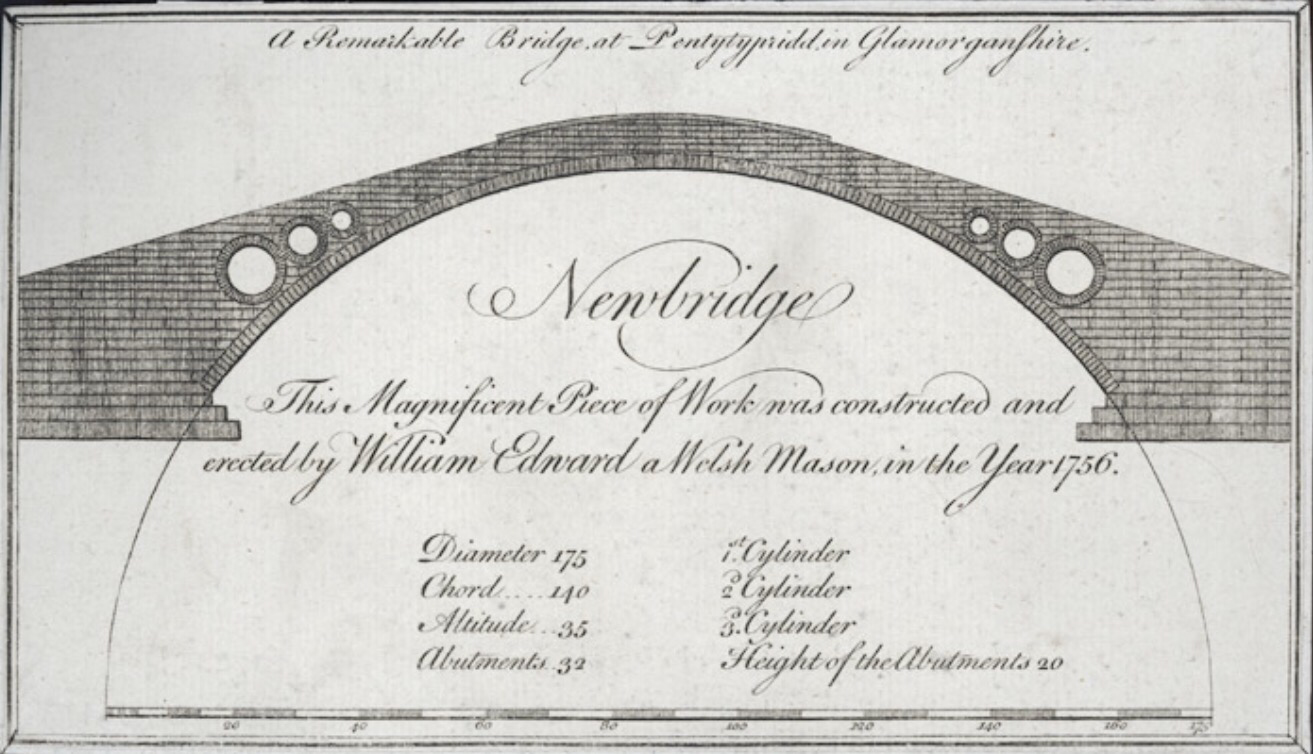I should more beware of seeking simple answers to complex problems. One of my KLOE’s (Key Lines of Enquiry – yes, I confess to an audit background) on my trip to the Basque Country was to get a sense of: ‘how you develop a society where there is a widespread understanding of cooperatives, and the skills and behaviours to successfully operate them?’
My thinking revolved around the idea that the knowledge and skills required to work in a cooperative business don’t just ‘appear’. Most people probably aren’t ‘hardwired’ to behave cooperatively. If we were, society (and business) would probably be very different to what it is now. We wouldn’t spend so much time on team building activities for starters…
So, almost as soon as I arrived in Bilbao I started asking the question; “how do you develop your understanding of cooperatives, skills and behaviours?” (I’m a top quality companion for a random conversation on the bus or in a Pintoxs Bar…, no footballing small talk here!)
It’s the Ikastola (stupid), or is it…? Almost too quickly the answer fell into my lap, cooperative schools, specifically Ikastola. From several conversations the following picture of cooperative schools and their link to Basque society emerged:
- Ikastola have a very specific place in the Basque Country and Culture,
- They go back to the 1900’s and were created to maintain the Basque language through teaching,
- They survived the Spanish Civil War in the 1930’s and continued throughout the time of Franco,
- The public use of Basque was prohibited during this time, so the effort to continue would have been immense,
- From the conversations I had, there was a sense that the ‘covert’ use of Basque in the Ikastola helped to maintain the language,
- Following the death of Franco in 1975, the Ikastola have flourished under the Basque Government,
- Being ‘cooperative’ seems to be closely associated with being an Ikastola, as much as using the Basque language,
- Figures of 30-40% of schools being Ikastola (and cooperative) were quoted in conversations I had,
- The Ikastola fit into the category of schools that are ‘private’ but are supported by the government (colegios concertados),
- Government funding covers the ‘teaching’ costs and parents contribute the rest,
- The contributions from parents ranged from; cash (up to 1200 euros annually), contributing to the work/running of the Ikastola (eg working in the canteen), or fundraising festivals (eg Kilomtroak, where people walk a 5-10km route).
- Here is a link to a Spanish Wikipedia article on Ikastola, it hasn’t been easy finding this stuff (lots of information is buried behind academic publication paywalls).

Does this add up to cooperative schools creating a cooperative society? This is a difficult one to answer. I’m edging towards yes, but I need to go and talk to a clever Professor who knows lots about behaviour change science and education (hello Carl, see you soon).
I can’t find a definitive figure for how many Ikastola there are in the Basque Country although the 30-40% figure feels reasonable, if that’s what he locals think… The balance between running the school with a focus on the Basque language or as a cooperative also seem to vary. There is reference to some being more cooperative focused than language focused, but many are a mixture.
What is clear though, is the expectation that parents will be involved, and have ‘ownership’ of what happens around their children’s education. From the Spanish Wikipedia article “involvement of parents with this educational model are part of the Ikastola’s DNA, compared to the public or private model of the rest of schools”.
This understanding and demonstration of cooperative behaviour in Ikastola seems to fit with a number of the guiding principles for cooperatives. Perhaps this school influenced behaviour is enough to influence what happens next in the wider (cooperative) society?
More Questions than Answers. My head is spinning from thinking about this. I will need to come back to it with another post, in a while.
In the meanwhile, it’s worth a read of this 2016 BBC article ‘Basques reinvent themselves as an education power’, by Sean Coughlan, Global Education Editor. Apart from the fact that the Basque Country is doing very well in education (comparable to the Scandinavians) the journalist has found statistics I couldn’t. Apparently around 50% of the schools in the Basque Country are the public / private model (colegios concertados) and the higher level of engagement of parents in these schools is emphasised. He also makes the link with the approach and entrepreneurialism in Basque Culture.
If you want to get a feel for what an Ikastola is like, have a look at the website of Lauaxeta Ikastola, (link here) which is about 15 miles outside Bilbao and is owned by a cooperative.
I do very much like this phrase from the school mission: “…help pupils to mature as individuals with a view to achieving self-fulfilment and finding their place in society that is increasingly complex, and thereby contributing to its enhancement”
I wish I could have gone to that school, maybe then I wouldn’t have jumped so quickly to a simple answer for a complex problem…?

So, What’s the PONT?
- Schools have a huge influence on the understanding, skills and behaviours of the students that attend them (it’s one of the reasons we have schools).
- If you closely involve parents in the ‘schooling’ experience, there is a chance that the understanding, skills and behaviours will ‘rub-off’ on them.
- If the school is a cooperative and operates using cooperative principles, there could well be a wider impact on society.
Picture Links: Answers: Simple by Wrong / Complex by Right by Wiley Miler https://www.gocomics.com/nonsequitur/2016/01/20
Lauaxeta Ikastola website. Mission, vision and values page.

Leave a comment